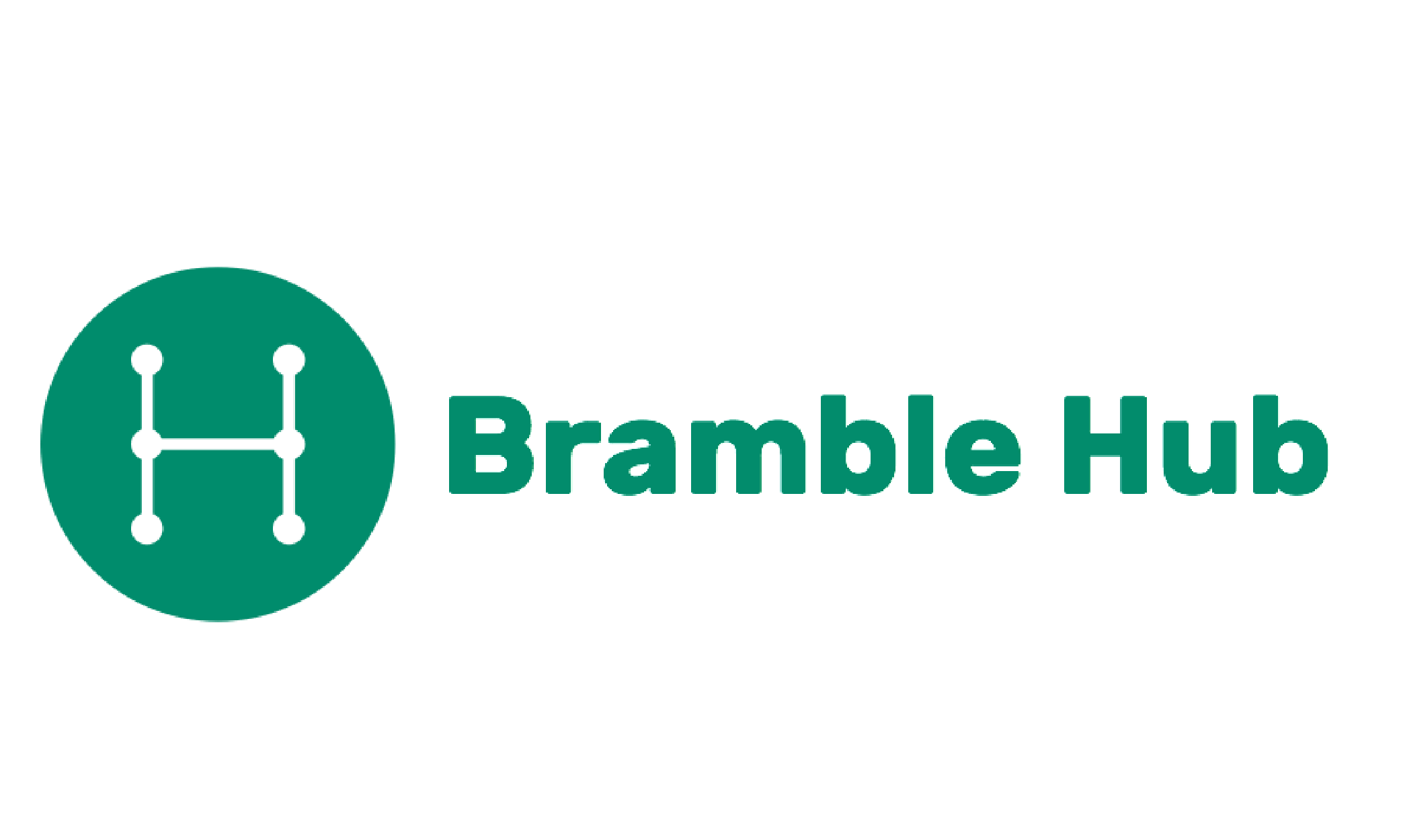The Building Blocks of a Procurement Professional

Author: Phil White, Managing Partner
The Building Blocks of a Procurement Professional
When I read job descriptions for Procurement roles, I am struck by how focused on technical competence they are. That isn’t to say technical competence (procurement skills and experiences) is not important, it is. It’s that it is only part of the picture. An effective Procurement professional is a combination of several different roles.
In this blog I want to explore what these “roles” are and briefly discuss how the appropriate balance of them for your team can be obtained.
Commercial Manager
First and foremost a Procurement professional should understand appropriate supply chain processes such as spend analysis, tendering, evaluation, procure-to-pay, category management, and the supplier management lifecycle. They also need to have a “Commercial Brain” – can they identify negotiation levers, prepare negotiation plans and conduct negotiations. For those that have been working in procurement for a few years the question should be, can they demonstrate a track record of delivering savings and cost avoidance?
These are the hygiene factors that allow us to operate. If your team or the candidate in question have these skills, then that is the first box ticked.
Contract Manager
In organisations with significant buying power, it is possible to impose your contract terms onto most of your suppliers. However, for most organisations it is highly likely that your Procurement professionals will be required to negotiate contract terms. You need these Procurement colleagues to have a proficient understanding of key contract terms (such as liabilities, indemnities, warranties, etc.) but also to be capable of drafting complex service descriptions, service levels / service credit regimes and commercial schedules.
Additionally, the earlier in the process these items are addressed the more likely you will be to get favourable terms. It is therefore essential your Procurement function has these skills in abundance.
Project Manager
At its most basic level, running a tender or sourcing activity is a project. You are coordinating multiple people, departments and organisations to an agreed set of milestones. Additionally, in 23 years of working within supply chain functions, I do not believe I have ever experienced business-as-usual. Every organisation is either being acquired, is integrating an acquisition, is going through transformational change or implementing a new business strategy. This invariably means more “projects” and programmes” that procurement staff need to be able to navigate and manage.
Therefore, it is essential that high-performing Procurement functions have colleagues who are; organised, action orientated, happy working within matrix project teams, and (most importantly) are comfortable driving others to complete actions. The extent to which you need Procurement colleagues to be exemplars and role models of these skills will depend on the extent of Business Change support provided elsewhere in your organisation.
Risk Manager
We all play a critical role in managing supply chain risks within our organisations. Procurement Managers are tasked with ensuring new suppliers do not introduce unquantified continuity, data, conduct, reputational or security risks, Category Managers are responsible for understanding risks and threats to their areas of spend, and CPOs are responsible for managing the supply chain control environment and risk reporting to senior management.
Procurement colleagues should have a good grounding in the risk management techniques; they should understand the difference between a “detective control” and a “preventative control”, they should be able to apply concepts such as Inherent Risk, Residual Risk and Target Risk states, while understanding the difference between Likelihood and Impact assessments.
The depth to which these skills are required will be dependent on the seniority of the role, the complexity of supply chains being managed, and the extent to which you operate in a regulated industry. Should you determine you or your team require upskilling in this area, do not despair. Most Risk functions will happily provide training and development to support your team, if for no other reason than it will ultimately make their life easier in the future.
Solutions Architect
Every time we procure a piece of technology, outsource a business function, change supplier of a customer facing activity or contract with a data supplier, we are changing the business and/or technology architecture of our organisation. We enact far greater levels of architecture change when we identify and implement value chain and control environment improvements through our supply chains.
Therefore, Procurement professionals must be cognizant of the impacts their activities and projects can have on the organisation and use some of the techniques of a Solutions Architect to ensure these changes are implemented safely and successfully.
Leadership & Influence
At the most basic level, every Procurement colleague should be an advocate for effective procurement of goods and services across the organisation. This involves role modelling behaviours and communicating ideas… the very basis of leadership.
As Procurement colleagues move on to become Strategic Sourcing Managers, Category Managers, and Heads of, the need to influence business leaders, suppliers and stakeholders becomes ever more critical. By the time you become the CPO, where you will be expected to be an exceptional communicator and motivator.
Most organisations have “Leadership and Influence” development opportunities that departments can leverage. Procurement should be at the front of the queue in leveraging these development opportunities.
“Where am I going to find superstars with all these skills?”
It is virtually impossible to hire and retain a team of Procurement professionals who index well across all these skillsets. If you can find candidates that do, they are often expensive to hire. Making a whole team of such colleagues a luxury few can afford. And, if you do have colleagues who index well across all these roles, they are often difficult to retain (they will need new challenges regularly and frequent pay increases).
The thing is though, you do not need a team of superstars. You just need a balance of these skills across your team. You need to ensure all these skills are present to ensure that your function can fulfil its responsibilities, but they can be spread across the entire team.
The extent to which you need to index these skillsets across your team will depend on the complexity of your supply chain, the strength and support you receive from other business support functions, and the seniority of the roles.
So, the next time you are hiring a new Procurement professional, consider where you might have skillset gaps and balance the job description accordingly.
About Hanya Partners
From running cost transformation programmes, transforming operating models, to building procurement and supply chain capability, Hanya Partners has extensive supply chain and organisational transformation expertise. Therefore, please do not hesitate to reach out if you think we can be of assistance.
Part of the Taranata Group, Hanya Partners has offices in Edinburgh and London. We bring fresh insights, thought leadership and best practices in Sourcing and Supplier Management, Talent and Organisation Health and IT & Digital Transformation.
Phil White | 11th October 2024









